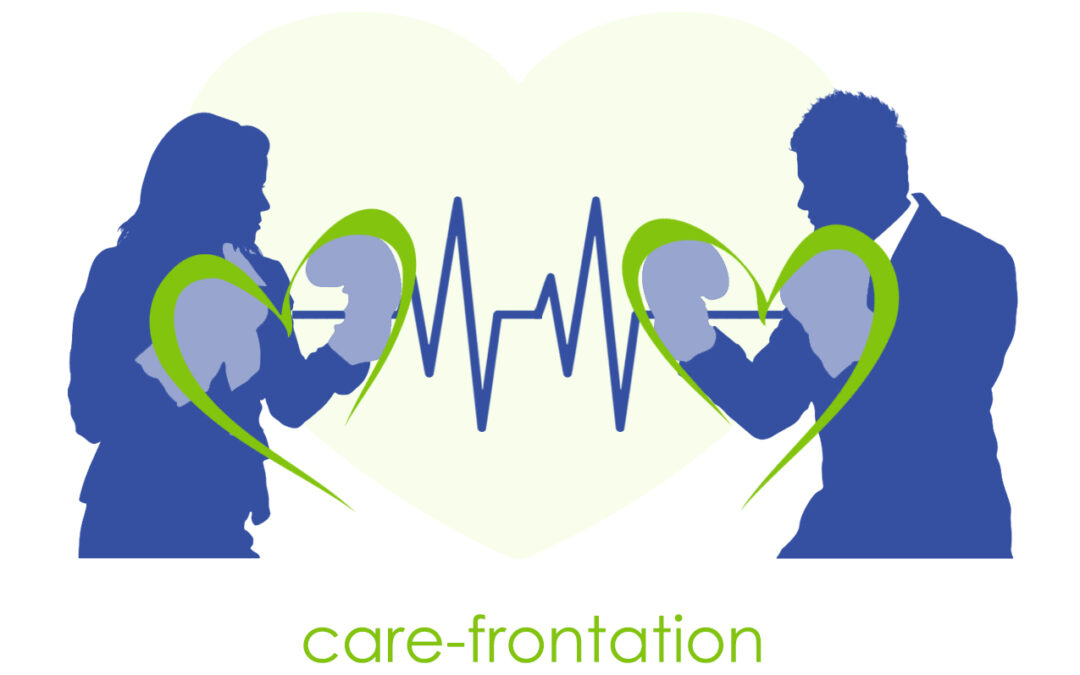In business, we sometimes deal with people who are authoritative and highly confrontational. Their demands are many times irrational and are requested with assertiveness. Should our discussions be made face-to-face, I feel that a clash could inevitably happen. This entitlement often stems from the high level of the position occupied where one could find himself ruling with supremacy and authority.
When receiving calls from these people of critical personality, I would take a few deep breaths and prepare myself for a load of likely orders and demands. Undoubtedly, it is not the demands that deplete my energy and affect me, but mainly their authoritative speaking and unreasonable requirements. I would notice that our conversations’ results would always lead in one direction – getting what they want at any cost. Otherwise, all sorts of threatening will come up.
In my desire to avoid clashes, I would proceed with their requests, even knowing that these are unachievable.
What am I learning from these circumstances?
I learned that…
• Avoiding confrontation is not caring about the work, the partner, and the business.
• Confrontation does not necessarily lead to conflict. It leads to ascertaining our position and bringing more clarity about the situation, ourselves, and others.
• I like to frame Confrontation as Care-frontation. If we care, we will insist on unveiling the truth or the reality of the situation.
• Confrontation can lead to conflict if it is coming from a conflictual place within us. On the other hand, when it comes from a place of caring, we will be aligning thoughts and founding closer relationships.
It is worth noticing our inner conflictual place in more detail by asking ourselves the following question:
What is the conflictual place within ourselves that makes us feel affected by confrontation?
In my context, it is about being disrespectful to me. What is it for you?
I invite you to ponder on this inner self-queries after choosing your own term.
• How am I disrespectful in my life towards myself and others?
• How is it true that others are disrespectful to me?
• How am I not seeing the value of confrontation?
I have made the conflict a bad thing, and I am willing to see how it could be a good thing. I am open to seeing that confrontation is a sign of Respect instead of disrespect.
I noticed that my belief and story of disrespect are my own, and I will take full responsibility to elucidate them. It turned out that it is about others not respecting my boundaries and invading my freedom. For some, it is about ‘not being appreciated and valued.’ For others, it is about their hard work and achievements ‘not being praised or recognized.’
What is it for you?
One thing that plays a significant part in this argumentative process (confrontation) is Anger. Therefore, it is fundamental to understand the wisdom of our Anger.
When Anger is part of the confrontation, then it is dangerous not to express it. It must be voiced in the intention to create a boundary to allow adjustment to happen. However, Anger can be harmful if it is arising out of fear and articulated from the lack of patience, in the aim to defend ourselves and to accuse others.
I am grateful to the people I initially found difficult to deal with. My challenging encounters with them allowed me to reflect, expand, and further grow my relationship with confrontation.
My objective is for my team to change their perspective towards the seemingly difficult people we work alongside in our projects. I encourage them to be present with what we can transform in ourselves to achieve harmony in our work relationships. This, I believe, would be our most significant success – originating from difficult challenges, coming from our projects, and towards ourselves.
When is confrontation, a line of defense and protection?
And when is confrontation Caring for yourself and others?
